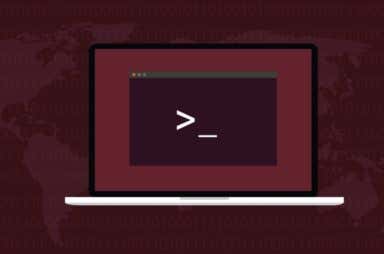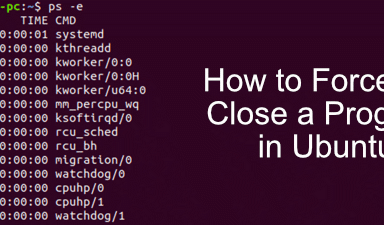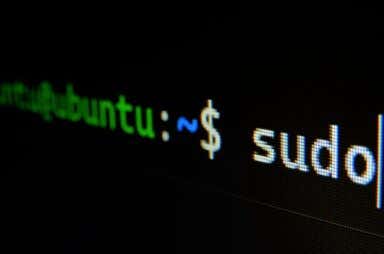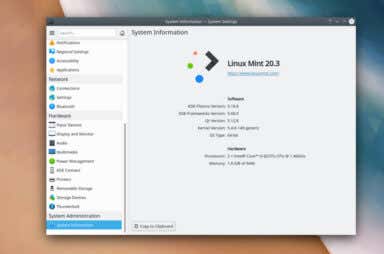Linux Articles


How to Access and Use OneDrive on Linux
Microsoft OneDrive is a popular cloud storage service that allows you to store and access your important files from any device. However, it’s worth noting that OneDrive doesn’t offer official […]
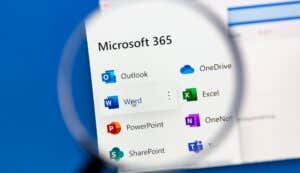
How to Install or Run Microsoft Office on Linux
Microsoft Office is a popular and powerful productivity suite that professionals, students, and casual users can all rely on. However, as a Linux user, it may seem difficult to install […]

How to Recover Deleted Files on Linux
Accidentally deleting crucial files is a nightmare that many computer users have experienced. Fortunately, there’s hope when using Linux, as several tools and techniques can be used to restore files. […]

How to Download and Install Zoom on Linux
As remote work and online communication have become increasingly important in today’s world, Zoom has emerged as a leading platform for video conferencing. If you’re a Linux user, you might […]
9 Best Lightweight Web Browsers for Linux
Are you looking for a web browser that won’t slow down your Linux system? If so, you might want to try a lightweight web browser. These browsers are designed to […]
How to Create Symbolic Links (Symlinks) in Linux
Everything that you need to know
Linux doesn’t have shortcuts, but it has Symbolic Links – or Symlinks, as they are usually called. But what exactly are symbolic links? And how do you create one? Let’s […]

How to Show Hidden Files in Linux
Helpful when managing your system
Are you looking for a way to access hidden files and folders in Linux? You might be surprised to learn that Linux has several hidden files that are not visible […]
How to Find Files and Directories in Linux
Just follow the steps below
Just installed a new Linux distro? You might wonder how to find files and directories on your new system. There are a few different ways you can find files and […]
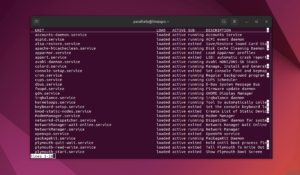
How to List Linux Services With the systemctl Command
Have greater control over your PC
If you’re a Linux user or administrator, you need to know how to manage services on your system. Services are programs that run in the background and provide essential functionality, […]

How to Kill a Linux Process Using a Port Number
But be very careful when doing it
Have you ever encountered a situation where you need to stop a process that’s running on a specific port on your Linux machine? You might be worried that an application […]
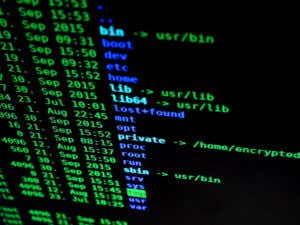
What Is the Bash Shell in Linux?
We explain it all for you
Bash sounds like a strange name for a command-line interface that greets users logging into any Linux distribution. What exactly is Bash? What can you use it for? Let’s find […]

What Version of Ubuntu Do I Have?
It's actually very important to know
You can check what version of Ubuntu you have using several methods, and each has its benefits. Some give you the major version; others give you all the little details. […]

Top 3 Ways to Fix “No Space Left on Device” Error in Linux
Plus we tell you why this is happening
Errors without a clear cause are the most irritating problems to deal with. And while Linux is usually specific in its error messages, this is one of the few times […]
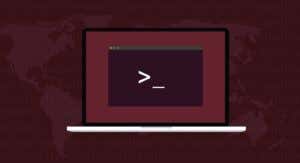
Chown Command in Linux: How to Use It
We are not chowning around anymore
Managing ownership and file permissions is probably the most essential task of a system administrator. In any multi-user operating system like Linux, properly assigning ownership of files and directories is […]
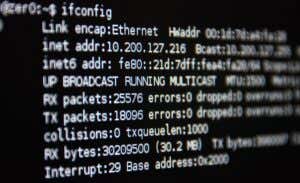
Linux Ifconfig Command: How to Use It
Plus when you should use it
In Ubuntu and other Linux distros, command line tools are usually the best way to interact with the inner workings of the computer. The ifconfig command is used for configuring […]

6 Easy Ways to Check Memory Usage on Linux
Know which apps are memory hogs
Linux comes with a lot of built-in tools for administering and optimizing your system. If you’re new to Linux or just recently made the switch from Windows, you need to […]

7 Ways to Zip and Unzip Files in Linux
Which one is your favorite and why?
More and faster are always two things we want, especially when it comes to data. The problem is that “more” and “faster” are usually at odds, so we have file […]



